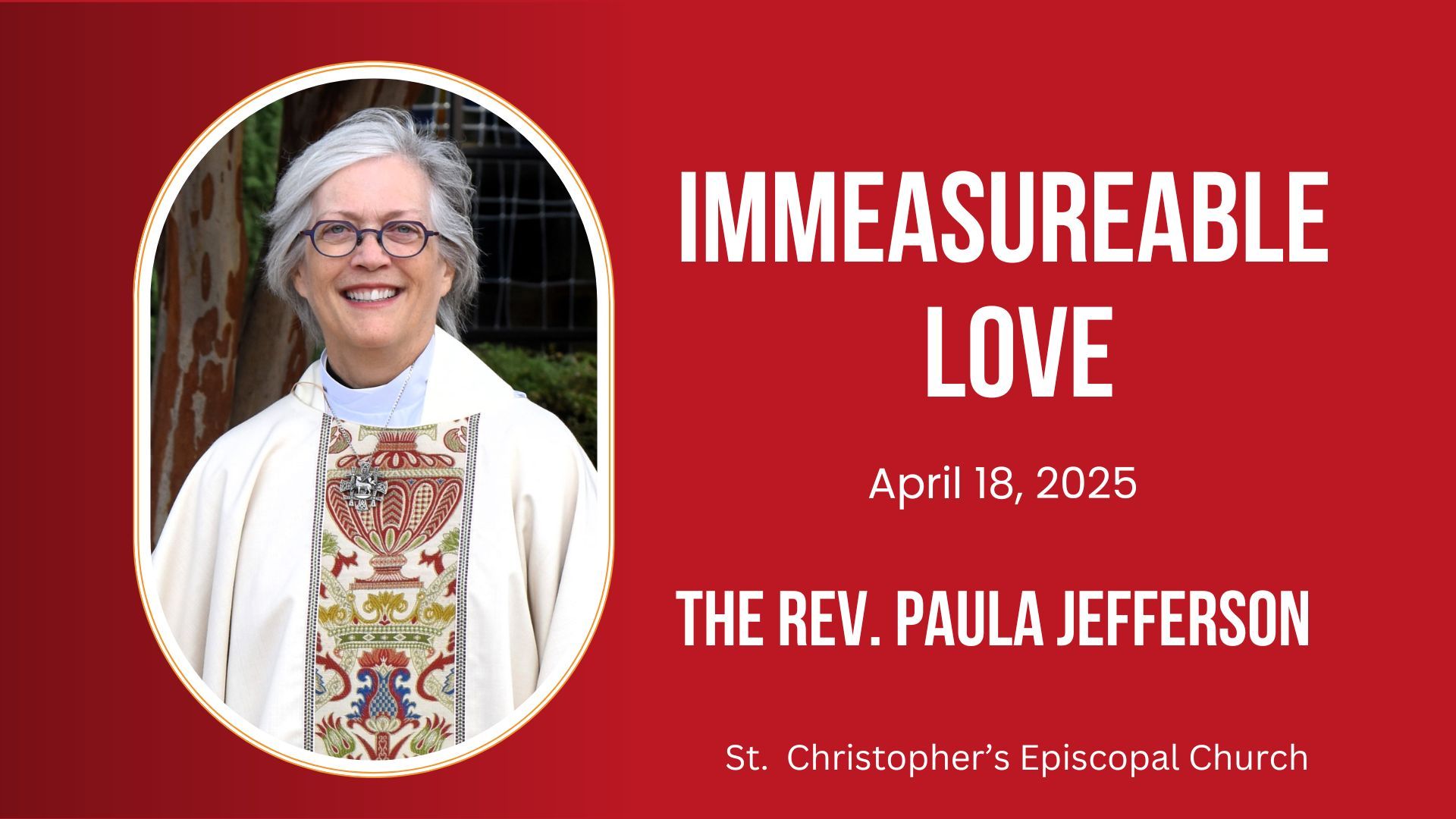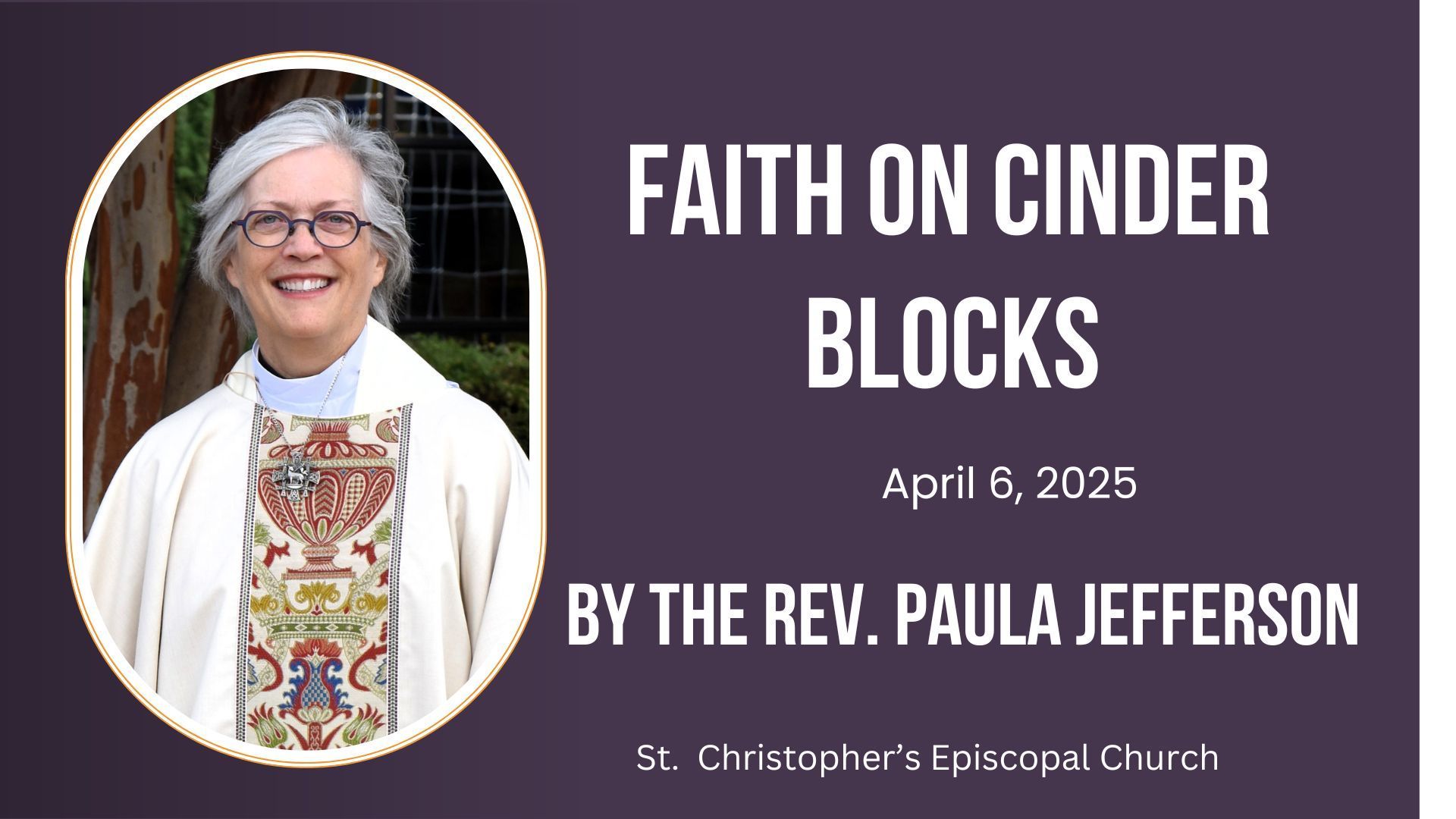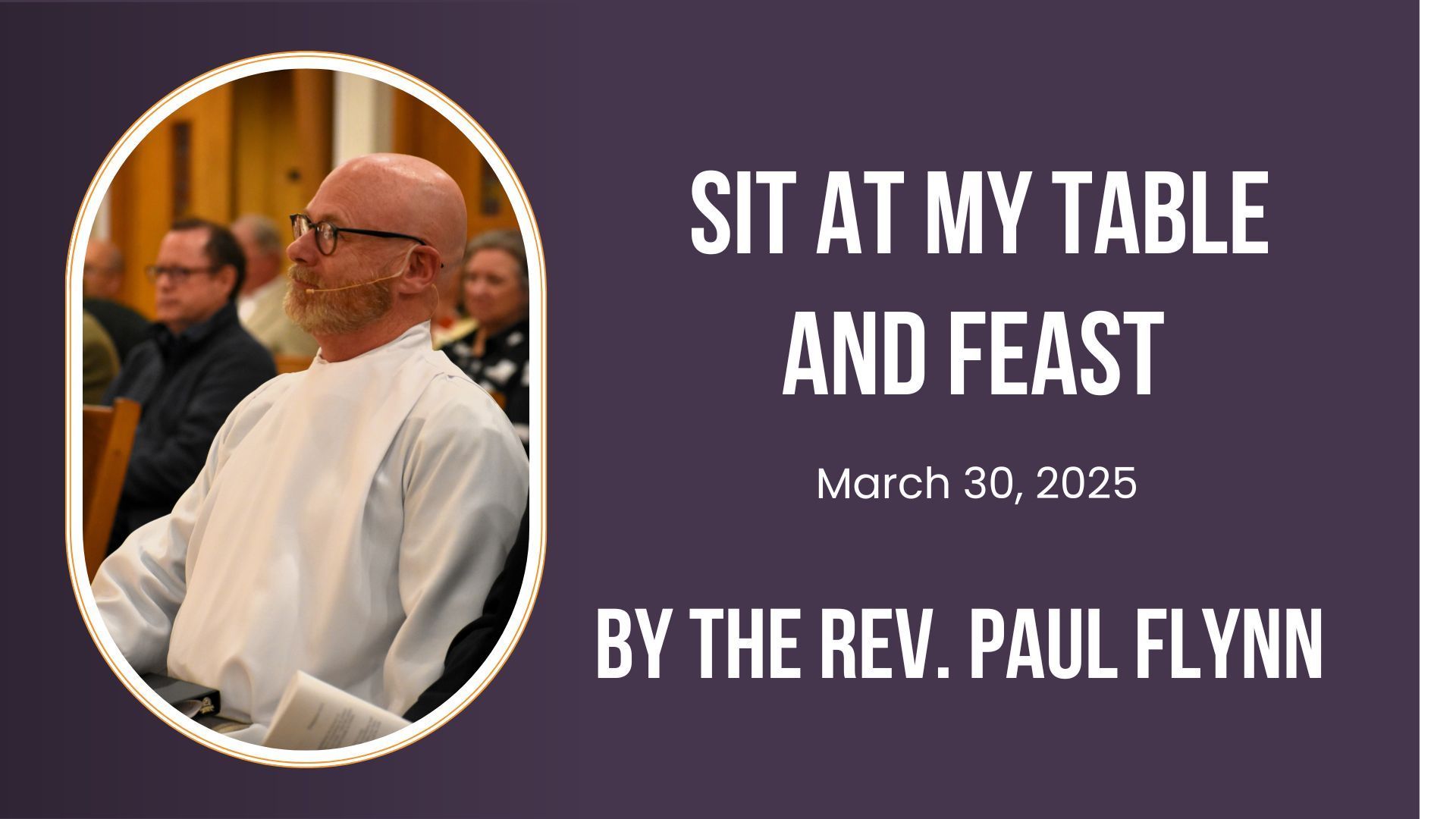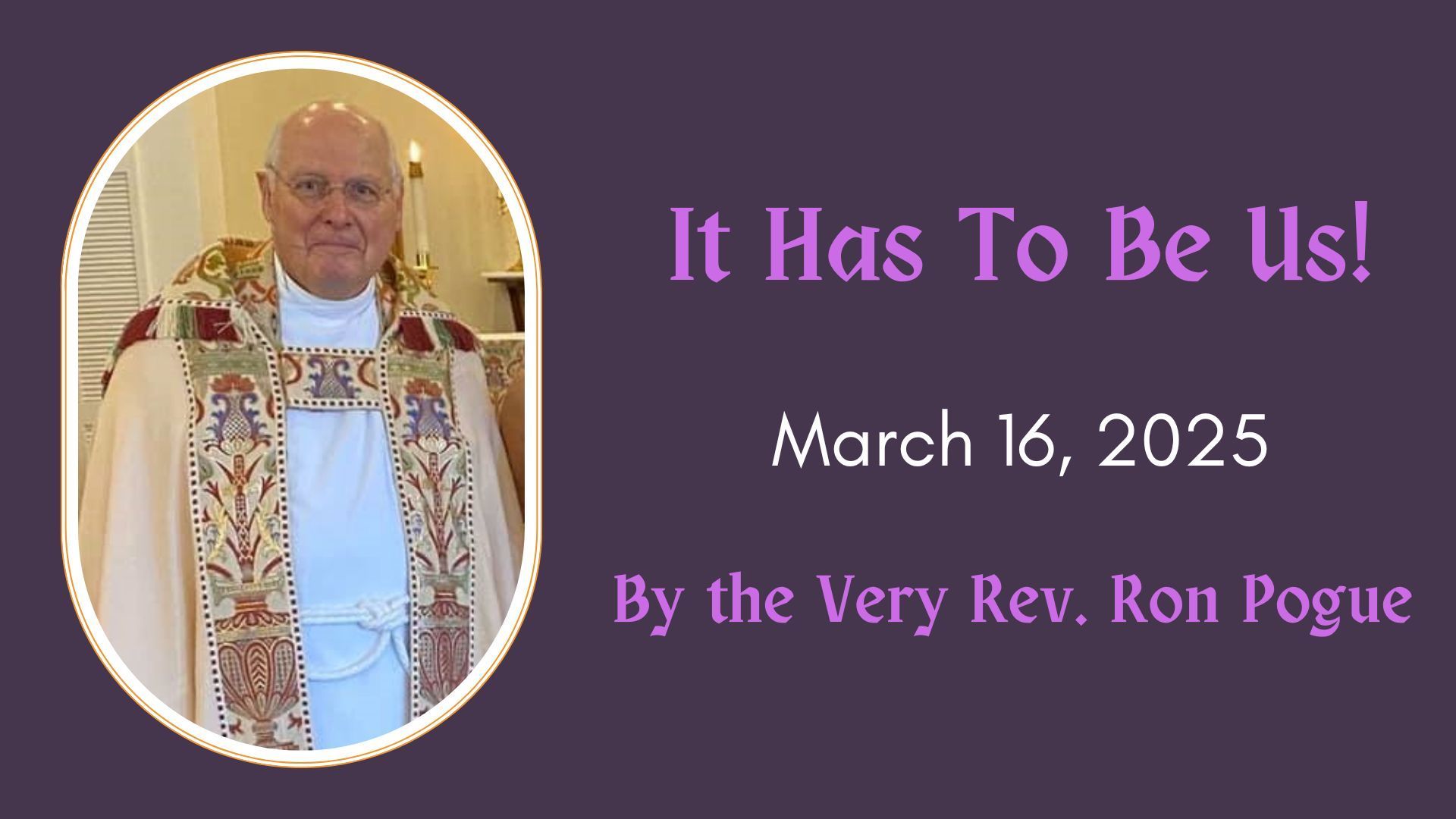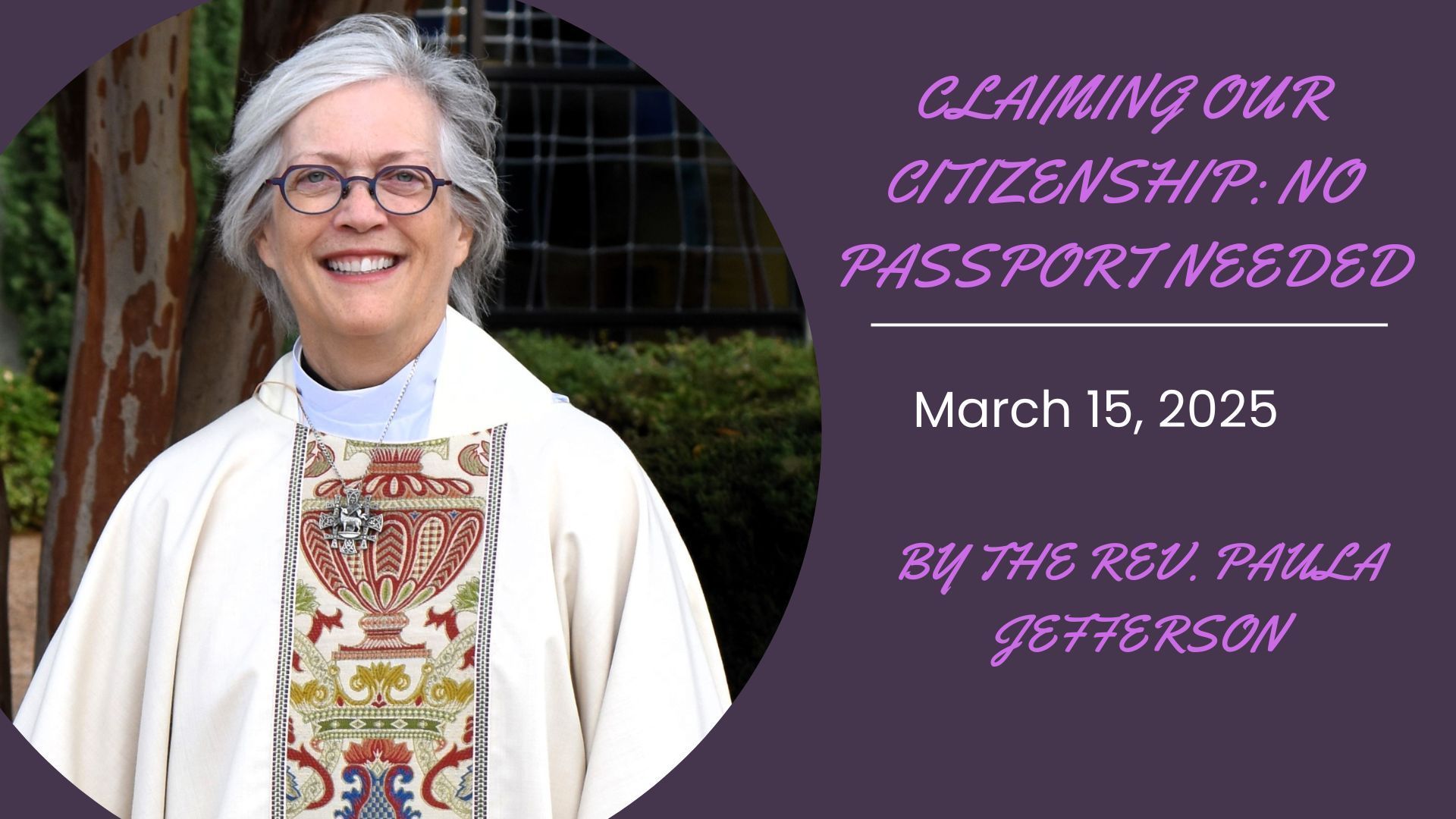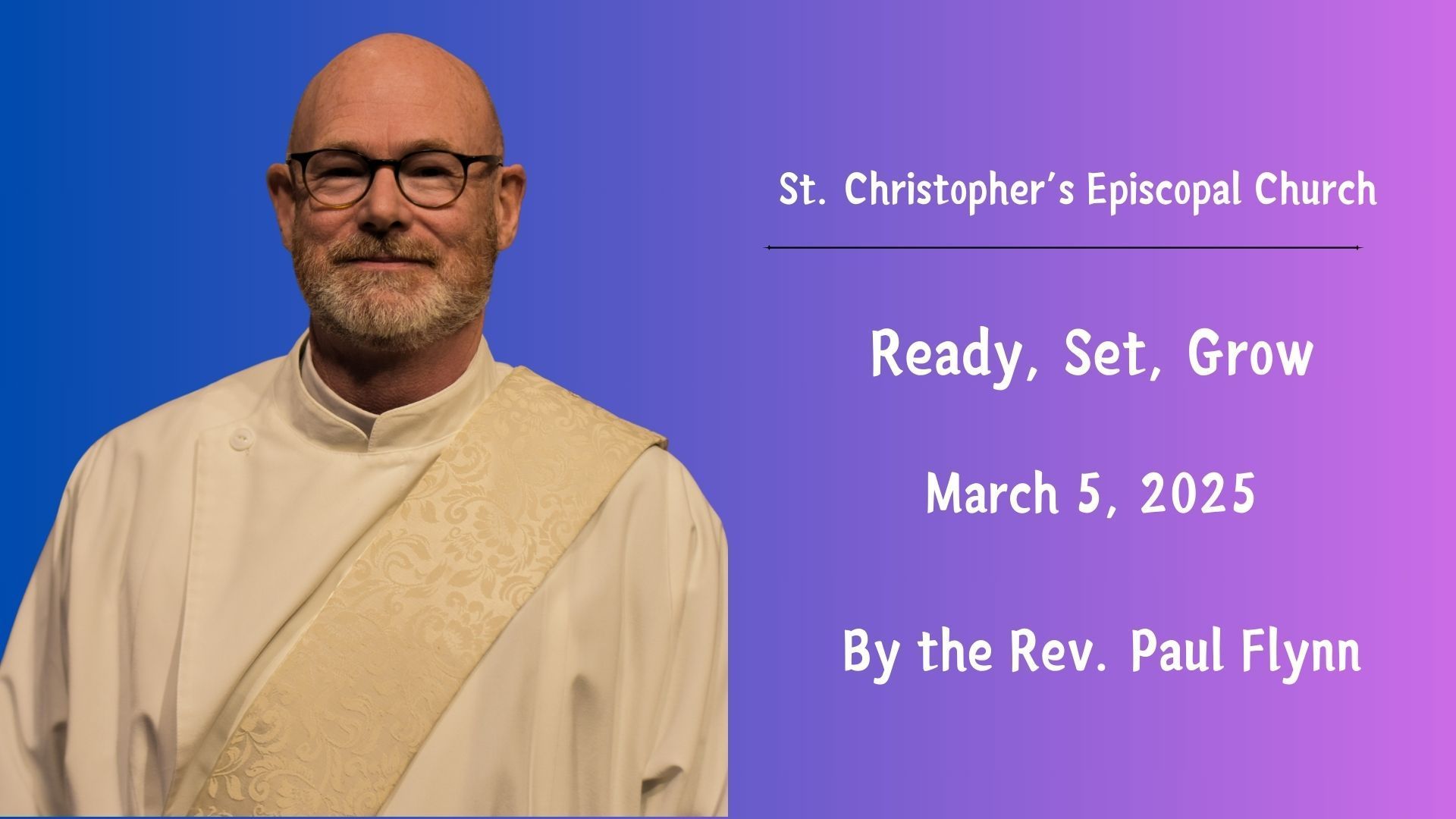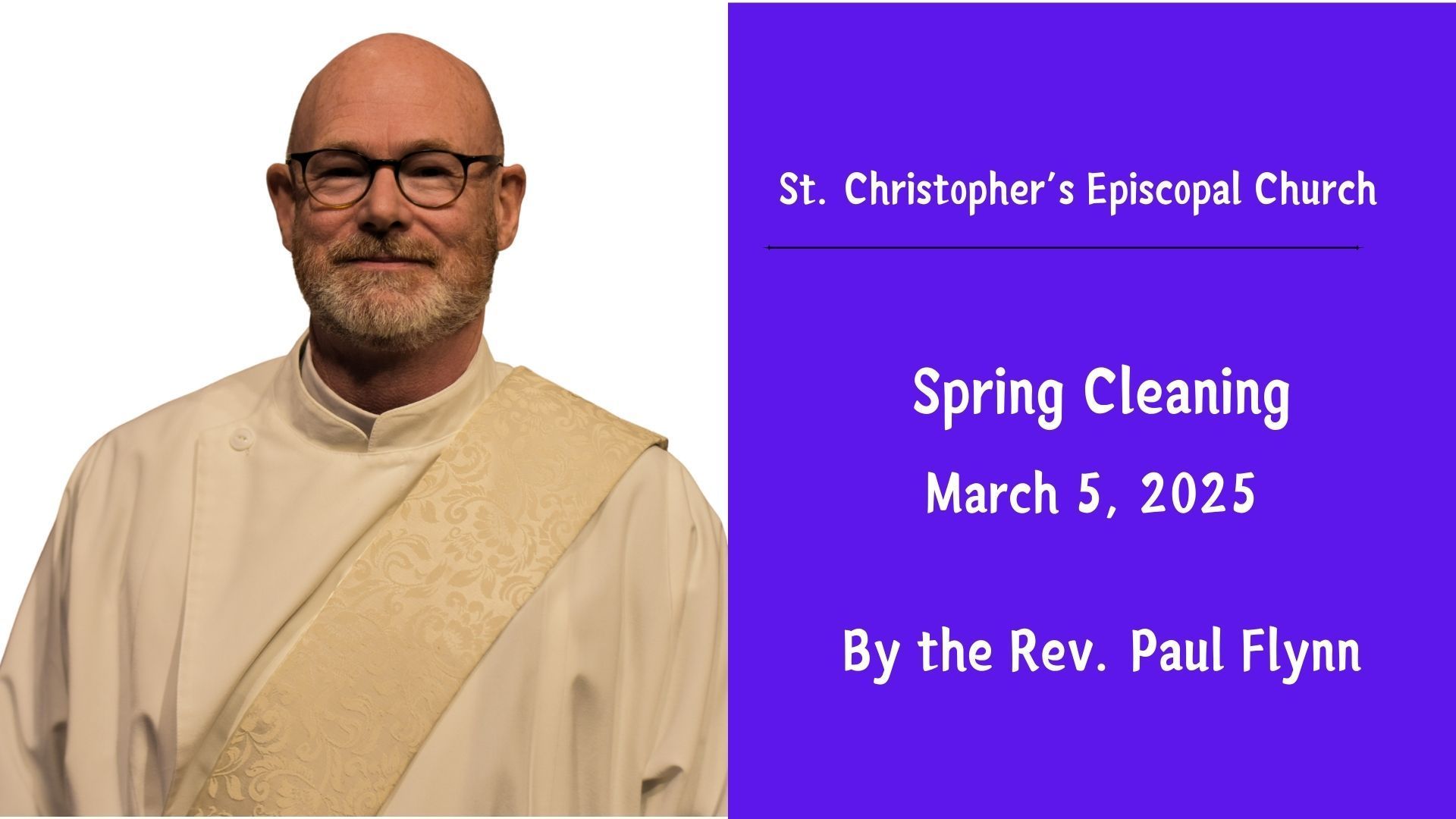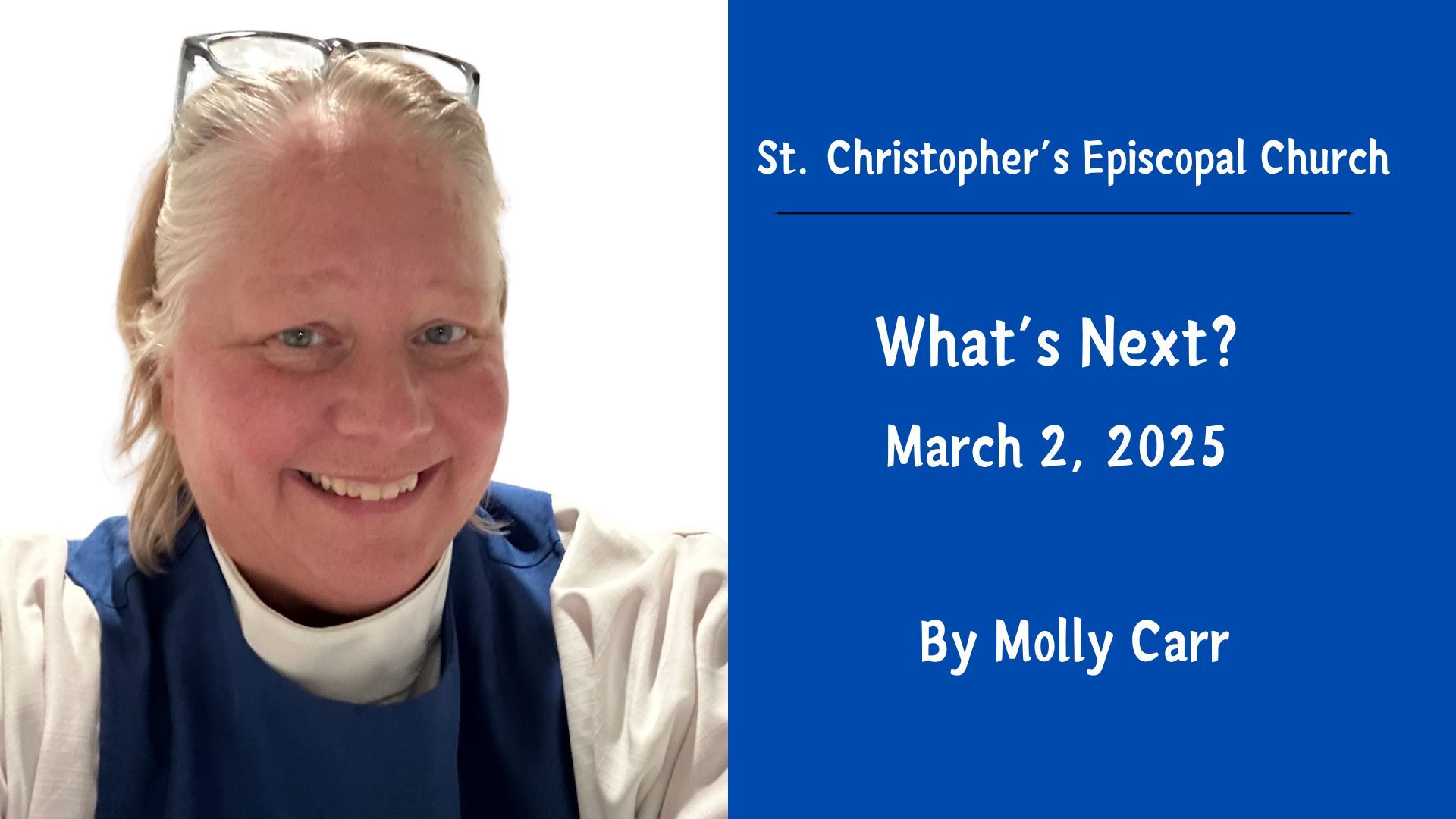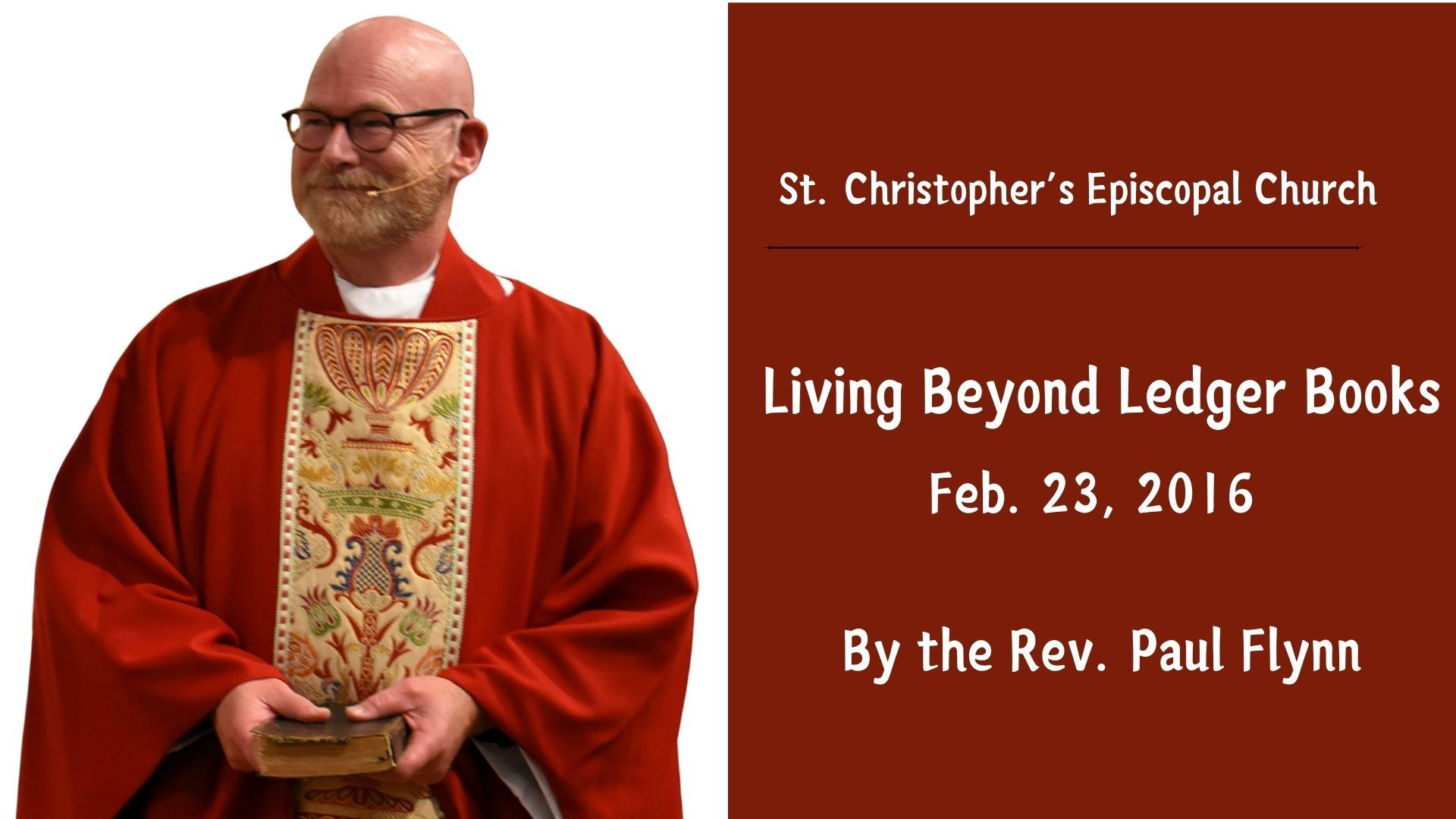This is a subtitle for your new post
There’s an old adage inscribed over the doorway of many churches around the world, “Preach the Gospel at all times using words when necessary.” Some folks attribute this wisdom to St. Francis, but if Google can be trusted, we really don’t know who coined that expression.
Later in our service, we will be sending one of our Christofolx members into the field of evangelism for five months. Cynthia will be working in a National Park setting -- the kind of place where people often connect with God. She will be preaching the Gospel, mostly by her actions, and sometimes with words.
Our friend Paul is doing the same thing in the Book of Acts.
Paul is a remarkable person. Born about 15 years after Jesus, he was a tent maker in the family business. He was well-educated and well-traveled. And he was a devout, passionate Pharisee.
Prior to his conversion, Saul zealously pursued followers of the Way. He captured early Christians and turned them over to Roman and Temple authorities for persecution. Christianity was a threat to his way of life.
But, on the road to Damascus, Saul will be changed.
He heads toward Damascus, “Still breathing threats and murder against the disciples of the Lord.” Then, he comes face to face with Christ and must answer the charge: “Why do you persecute me?” From that moment, everything changes for him. Like the disciples, Paul leaves the past behind him. He enters into the future with a new name and a new calling: He will preach the Gospel.
Paul’s life will become a living testament to his encounter with Christ.
In today’s reading, Paul is visiting Athens. Even in his day, Athens was a major city. The dominant religion there was polytheistic—Athenians worshipped many gods: little g. They were, nevertheless, a religious people.
This was foreign soil for Paul. He noticed a lot of idols scattered throughout Athens. He even found an altar with the inscription: ‘To an unknown god.’ There were no signs of Christianity. Paul could have turned around and gone to another place where the message of Christ was not brand new. It would have been safer.
Instead, he begins by walking around their streets and seeing what is important to these people. And he realizes, they are seeking God, too. But they’ve reduced God to material stuff made by human hands: idols.
I wonder if Paul miraculously dropped into Fort Worth, Texas today, what would he notice about us? What would stand out to him? What are the signs of our connectedness to God? What do we idolize?
If he made it to North Main Street, would he stop for a pair of handmade boots and a 40X Stetson? Surely, he’d be dazzled by the presence of so many cars and trucks until he’s stuck in the 35 mix-master for an hour (as I was on Thursday).
The concrete monuments we call roads are huge. Still, there are not enough lanes to handle the traffic. We invest an enormous amount of public and private resources into transportation. But the streets on which we drive bear witness to hunger, lack of housing, and a poverty of compassion.
Would Paul notice?
John’s Gospel tells us that Jesus will send another Advocate, the Holy Spirit, who will abide in us. The Spirit will be our guide, to help us follow Christ, to help us grow into the new commandment: Love one another as I have loved you.
Paul was filled with the Spirit. He saw the people of Athens as they were yet, he did not put them down or shame them. He met them where they were but did not leave them where he found them.
Paul looked through and beyond the idols of the community to the Mystery of Christ. He explained that the God who made the world and everything in it, does not live in stuff made by human hands. God lives in us. God abides in us. And we abide in Him.
It is God in us that makes a “Damascus moment” possible for every one of us:
• that we might encounter Christ and be changed;
• that we might engage this moment and every new moment with eyes that can see the brokenness of our world;
• that we might see our own idolatry;
• that we might be carriers of Love and Hope through our ordinary lives.
The Church is God’s instrument of Love in the world. You and I are living vehicles of the message.
We are preaching the gospel through our lives. The question is: whose gospel are you preaching?


